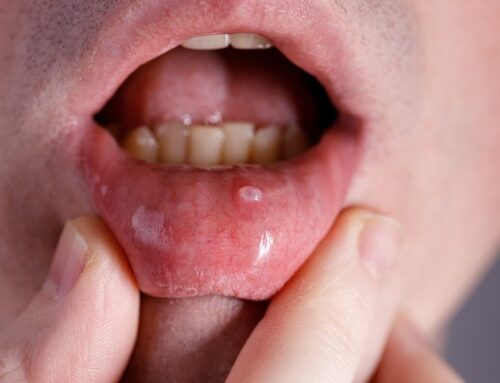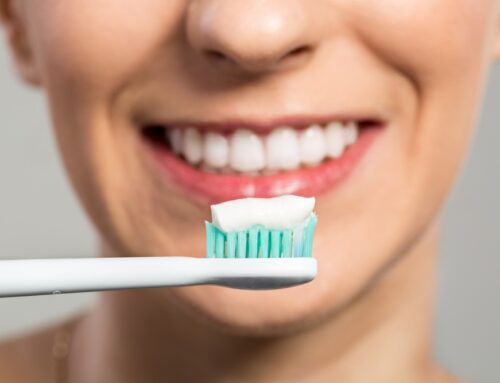You may not think much about your saliva, but it’s actually a crucial part of your digestive system. Not only does your saliva help you taste, chew, and digest food, it also helps you control the growth of the natural bacteria and fungi that live in your mouth. As a provider of dental care in Trenton, NJ, and surrounding communities, we know that when our patients suffer from dry mouth (also known as xerostomia), it can create a number of potentially serious consequences. Read on to find out more about dry mouth and how it can affect your overall oral health.
Causes of Dry Mouth
While dehydration is the most common cause of short-term dry mouth, other conditions and medical treatments can cause long periods of dry mouth. Many prescription drugs list dry mouth as a side effect and treatments like chemotherapy can also reduce saliva production. Nerve damage can be another cause, whether from an injury or stroke, as can conditions like diabetes, anemia, rheumatoid arthritis, and more.
The Connection Between Dry Mouth and Oral Health Issues
Reduced saliva production can make it difficult for a person to taste, eat, and digest their food. This can lead to malnutrition and worsen conditions like anemia that can cause tooth loss. In addition, because saliva is responsible for washing away bacteria, fungi, and biofilm from the teeth and gums, dry mouth can lead to an overgrowth that exacerbates gum disease, tooth decay, bad breath, and more.
If you are experiencing symptoms like a persistent dry feeling in the mouth, frequent thirst, mouth sores, bad breath, and sore throat, it is important that you speak to your medical care team as soon as possible. Your dentist can offer advice about how to care for your mouth when it is dry and advise you about conditions like tooth decay and gum disease that can be caused by frequent dry mouth.
Dry Mouth Treatment and Prevention
While it is normal to have dry mouth from time to time, if this condition is frequent or persistent, it could be a sign of more serious issues. Also, if you are taking a prescription medication that is known to cause dry mouth, you will need to pay particular attention to your saliva production.
For infrequent dry mouth, drinking more water will usually help. For persistent dry mouth, the American Dental Association recommends using an over-the-counter saliva substitute, chewing sugar-free gum, and gently brushing your teeth twice per day. Certain lifestyle choices like tobacco use, caffeine consumption, and consuming sugary or acidic foods can worsen dry mouth, so limiting or stopping your use of these substances is a good idea. If you already know you have persistent dry mouth, your dentist may also recommend fluoride treatments and brushing with fluoride toothpaste to protect your teeth from decay. As you learn to live with your condition, be sure to keep your doctor and dentist appraised of your situation so they can monitor your symptoms and make specific recommendations for treatment.
If you are looking for an experienced and friendly dental care team in Pennsylvania or New Jersey, ZDental has 5 different locations in the area to serve you. Visit our contact page to find the location nearest you and call to schedule an appointment or click “request appointment” to schedule online.







Leave A Comment